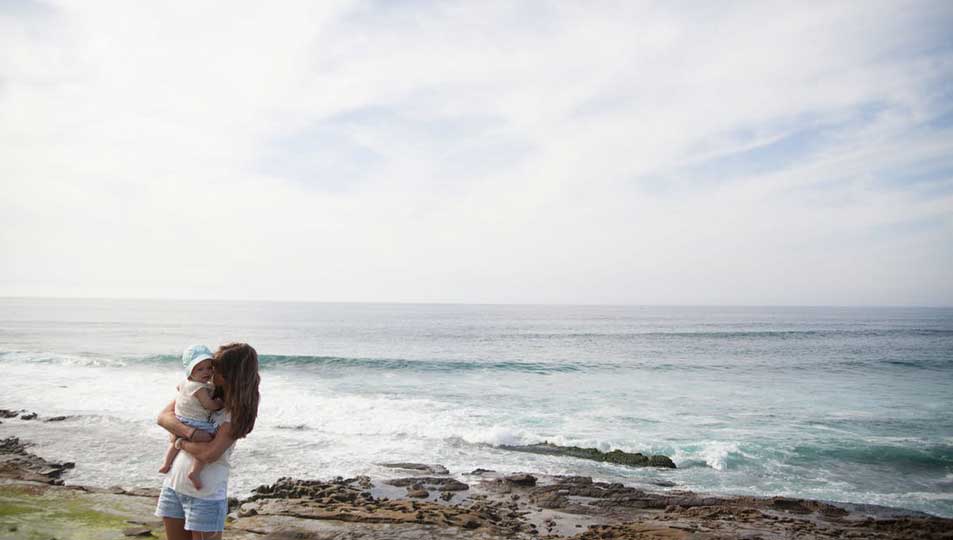Post Natal Depression is a mental illness that affects a large number of women worldwide. In fact research shows that 11 to 20 percent of women who give birth each year will suffer postnatal depression.
Post natal depression is a real, clinical form of depression that can arise after the birth of a child. Doctors and medical researchers believe there are a number for causes of postnatal depression and these can include:
- The dramatic chemical and hormonal changes that happen in your body during and after labour
- A traumatic, premature labour
- Your child being born with health problems
- Your labour causing health problems for you
- Adjusting to the physical demands of motherhood (breastfeeding, sleep deprivation, changes in the body)
- Adjusting to the emotional demands of motherhood (less social interaction, financial pressure, relationship problems, feeling isolated, living up to others expectations)
The symptoms of Postnatal depression can be debilitating and every women is affected differently. If you are feeling overwhelmed by motherhood and believe you may be suffering from Postnatal depression it’s important to seek professional help immediately.
There are also many things you can do yourself to counteract some of the symptoms of postnatal depression. These 5 tips will help to improve both your mental and physical health when dealing with this illness.
1. Care For Yourself
When in the grips of postnatal depression it can be hard to find the energy to do things that will make you feel better. But this is when it is most important to push past the exhaustion and feelings of sadness and invest time each day for self care:
- Take a hot shower
- Read a positive book,
- Find time to sleep
- Make yourself a healthy, nutritious meal
- Get out in nature
You may start to feel guilty if you invest time in yourself but it’s important to remember your baby needs a happy, healthy version of you to care for it. So take the time to rejuvenate yourself and be the best mother you can be.
2. Daily Light Exercise
Gathering up the energy to exercise as a new mother can be difficult enough, let alone when battling with postnatal depression. But a little exercise each day will provide many immediate and long term mental and physical health benefits.
- Go for a light walk or jog or walk around the neighborhood
- Take a gentle yoga class
- Find some online exercises or classes for mothers
3. Make Time For Adult Interaction
Ensuring you get some quality adult human interaction is crucial as a new mother. Setting up coffee or lunch dates with friends or family, going shopping or simply anything that allows you to socialise with people you care about is important.
Making to for your and your partner to reconnect is also vital. Even 10 minutes a day to have a conversation can help. Try to set-up a date night when you can have the baby looked after and spend some alone time together without distractions.
Mothers groups are also a great way to spend time with other new mothers. They can be found online and it is a great way to be able to chat about all things motherhood, make new friends and get outside and have a laugh.
4. Find A Support Group
It’s important to know that you are not alone when going through postnatal depression. As mentioned earlier 1 in 8 women will suffer some form of the illness. All cities and towns have support groups for new mothers where you can share your story, feelings and issues without judgement.
You’ll meet other going through the same hardship and often listening to someone else’s story can be a great benefit in helping to overcome your own problems.
One-on-one therapy is also available and there are proven treatment clinics for post natal depression in Perth, who you can call and get professional help.
5. Holistic Healing Practices
There is more and more scientific evidence to support what many people have known for decades. Holistic practices and alternative medicine can offer great relief from the symptoms of depression.
Massage, acupuncture, meditation, naturopathy and many other forms of holistic healing offer an important mind and body connection that will give you more clarity and peace of mind when dealing with your situation.
With so many ways available to help improve your mental health and overcome postnatal depression it’s important that you take action, care for yourself and seek professional help.



